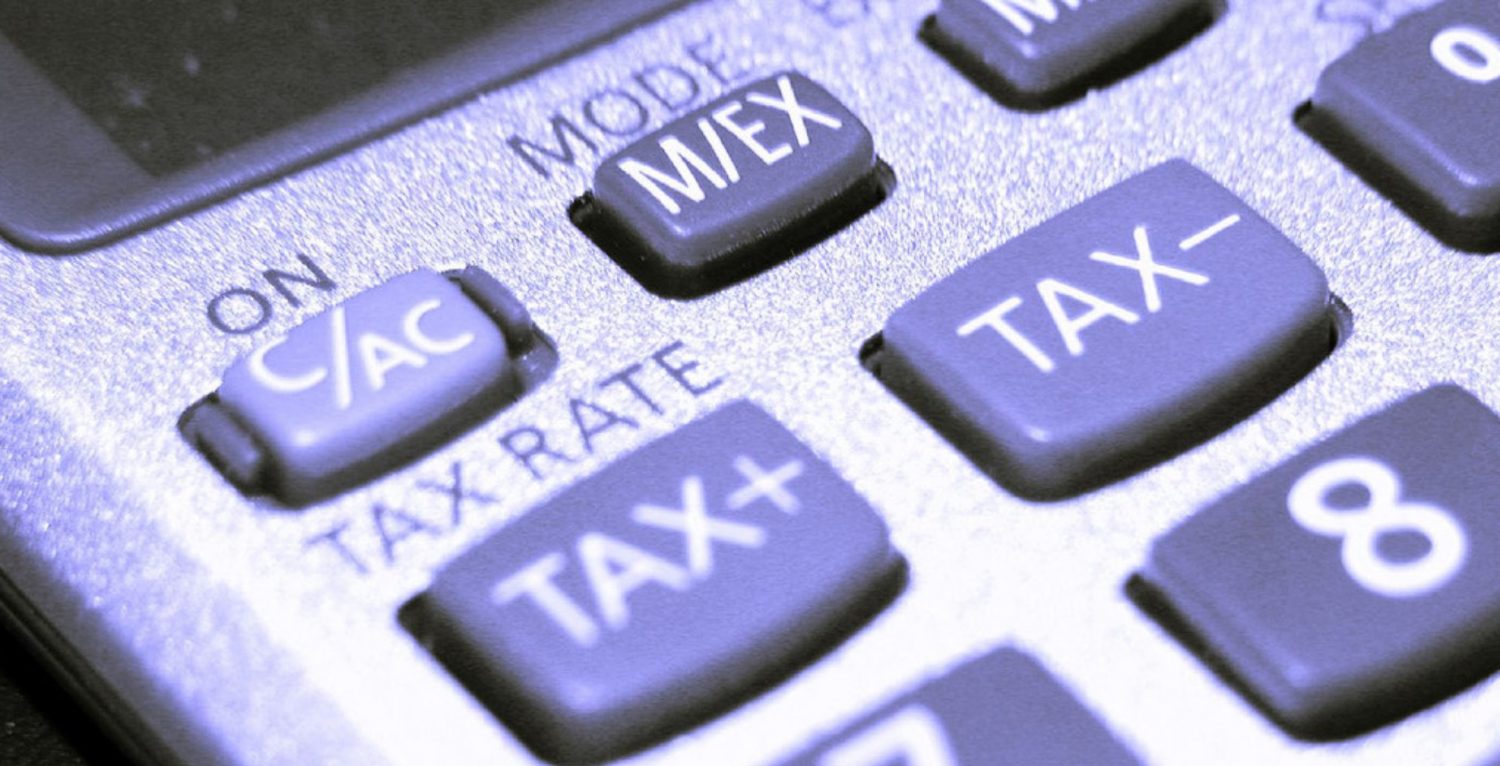Taxation exists to pay for public services
Taxation is necessary to raise the money to pay for the public services, argues Mike Hedges AM
Taxation exists to pay for public services. Too many people believe that we can have the same quality of public services as Scandinavia but have a taxation system which is more like that of the USA. When you look at the cost of private education and private health care, it puts into perspective the value for money we get from our taxation system.
It is not by random chance or serendipity that those countries with the highest tax levels have the best public services and those with lowest tax levels the poorest.
It is because taxation is necessary to raise the money to pay for the public services we all need.
Services such as the roads we travel on, the safety of people at work, the safety of food, Education, the health service which we all depend upon and the policing of our streets are all paid for out of taxation.
Quality public services, be they health, education or infrastructure, come at a substantial cost to the public purse and the only way of paying for them is via taxation. Taxation can be on income, profit, consumption/ expenditure or value of land and property or a combination of all of them. But if people want quality public services, these are the taxes needed to pay for them.
Whilst nobody likes to pay taxes, and some rich individuals and multi-national companies are expert at reducing their tax payments. For multi -national companies’ corporation tax is an optional payment whose value can be reduced by things such as Intra Company charges such as paying for intellectual property rights or transfer charges for goods and services or making the point of sale outside Britain each of these ensure the business profit occurs in a low tax or no tax country.
Some argue that we need to reduce corporation tax to be competitive but unless corporation tax is reduced to almost zero it will not be competitive with the off shore British protectorates such as the British virgin isles for multi-national companies.
Providing quality public services means that, if some people do not pay then either public services suffer or others have to make up the shortfall. Every time tax cuts are made, they are shown as beneficial and they appear to be to those who are paying less tax and have more money in their pocket. The effect that these reductions in government income have on public expenditure on services such as health, local government and education are completely ignored until the cuts start affecting people.
The more difficult a tax is to avoid, the more unpopular it is with the rich and powerful. By far the most difficult taxes to avoid are the property taxes (non-domestic rates and council tax). There are no tricks, such as using internal company transactions or having non-domiciled status, to avoid paying the tax. The buildings, whether they are residential, manufacturing, commercial or retail are not movable and the tax becomes liable on the property and has to be paid.
I welcome the Welsh Government’s consultation on the possibility of introducing innovative taxes and the list of:
- A levy to fund social care
- A disposable plastic tax
- A tax on vacant land
- A tourism tax
On new taxes I have been supportive the introduction of a tax on disposable expanded polystyrene packaging especially that used for food trays in takeaway restaurants
On a tourist tax, it is common across the rest of the world.
A tax on vacant land would make developers pay for “land banking” and either bring the land into use or pay a tax
Social care is the big challenge facing society and with the increasing number of frail elderly then the cost will inevitably increase. The challenge is to find a way of paying for it and it will either fall on individuals or a means of raising government revenue will need to be found.
If we desire quality public services then we have to pay for them, via taxation. This is not the start of a campaign for higher taxes but it is about linking taxation with expenditure and ensuring everyone including multi-national companies and the very rich pay their fair share.
I want to live in a country that when you have an accident the first responder checks your pulse not your insurance policy.
This blog first appeared on the Welsh Fabians’ blog

